Dak Lak is the coffee capital of Vietnam with the largest area and output in the country, accounting for about 40% of the country's area. Coffee is the main agricultural product in the province's economic structure and accounts for a large proportion of the province's total social product as well as annual export turnover, while directly affecting the income of the majority of people in the province.
 Entering the 2024-2025 coffee harvest, farmers in Dak Lak are extremely excited because coffee prices have increased dramatically.
Entering the 2024-2025 coffee harvest, farmers in Dak Lak are extremely excited because coffee prices have increased dramatically.Faced with increasingly complex climate change and soaring coffee prices , Dak Lak province has been promoting solutions for sustainable development of this key agricultural sector.
According to the Department of Agriculture and Rural Development of Dak Lak province , the coffee price in the 2023-2024 coffee crop year has increased dramatically and is currently maintaining a high level, reaching 128,000 VND/kg of green coffee on November 28. The sudden increase in coffee prices brings a large source of income to farmers, but this greatly affects the disruption in the supply chain of units linking raw material regions, at the same time, military conflicts in countries around the world affect the global supply chain, prices escalate, and the world economy continues to have high inflation, causing many difficulties for the coffee market.
At the same time, EU countries have issued decrees prohibiting the import of coffee related to deforestation and tightening regulations on pesticide residues on coffee, leading to restrictions on exports to these countries. Therefore, the production, trading and export of coffee in Dak Lak province still faces many difficulties; the situation of "bad harvest, good price" continues to occur due to climate change, drought, pests and diseases, causing a decrease in coffee production...

Many areas of replanted coffee in Dak Lak have high productivity and economic efficiency.
According to Nguyen Hac Hien, Head of the Department of Cultivation and Plant Protection of Dak Lak province, by the 2023-2024 crop year, the total coffee area in the province will reach 212,106 hectares, a decrease of 809 hectares compared to the previous crop year, of which the harvested area will be 200,441 hectares, a decrease of 400 hectares compared to the previous year, the average yield will reach 26.72 quintals/ha, the total output will reach 535,672 tons, a decrease of 23,057 tons compared to the previous crop year. The decrease in coffee productivity is due to climate change, drought, pests and diseases, and some areas of replanted coffee that are in the basic construction stage and have not been harvested yet, and some areas where people intercrop with many other crops.
According to Mr. Nguyen Hac Hien, the current situation of coffee production in Dak Lak is mainly individual production, small scale, only about 10% of the coffee production area is concentrated in specialized areas managed by companies under the Vietnam Coffee Corporation, coffee companies in Dak Lak province and enterprises, the remaining nearly 90% of the province's coffee area is grown, cared for and managed by farmers themselves.

Coffee export products of Simexco Dak Lak.
Faced with that situation, in order to improve the productivity and quality of coffee in the area, in recent years, Dak Lak province has been implementing many solutions to support farmers in developing the coffee industry sustainably. Notably, the Coffee Replanting Program for the period 2021-2025 with a total area of 24,441.78 hectares, an average of about 4,800 hectares will be replanted annually. According to the report of the People's Committees of districts, towns and cities, the replanting results by 2024, the whole province will replant only 15,467.4 hectares/24,441.78 hectares, reaching 63.3% of the plan, in 2024 alone, 4,712.3 hectares/4,995.13 hectares will be replanted, reaching 94.34% of the plan.
In conjunction with the province's Coffee Replanting Program, through the Public-Private Partnership Program (PPP), Nestlé Vietnam Limited Company, in collaboration with the Department of Agriculture and Rural Development and the Central Highlands Agricultural and Forestry Science and Technology Institute, has provided seedlings to 14 districts, towns and cities in the form of a price support of VND 1,000/seedling. In 2024 alone, the total number of seedlings supported will be approximately 5,247,260 for 5,573 farmers for replanting.

The linkage of production and consumption of organic coffee according to the product value chain associated with ecotourism is increasingly developing in Dak Lak.
In addition, Nestlé Vietnam Limited is implementing an agroforestry model, including diverse service crops to support sustainable coffee production, conserve soil, reduce the impact of climate change, promote biodiversity and increase farmers' income through diversifying income sources from orchards. In 2024, the Company supported 80,493 seedlings, including forest trees and fruit trees intercropped in replanted coffee gardens for 300 farmers in the program's implementation areas.
To serve the effective coffee garden replanting program, the Central Highlands Agricultural and Forestry Science and Technology Institute has researched, bred, and selected nine Robusta coffee lines, including: TR4, TR5, TR6, TR7, TR8, TR9, TR11, TR12, TR13. These are new coffee lines with high productivity from 4.2-7 tons of coffee beans/ha, good quality, large bean size reaching grade 1 over 65%, high resistance to rust disease, increasing the competitiveness of coffee export products in the world market, including four late-ripening Robusta coffee lines including: TR9, TR11, TR12, TR13 to gradually shift the coffee harvest time to the dry season, not only facilitating the harvest, ensuring the quality of the coffee is not damaged by rain during the drying process, but also reducing the amount of water for the coffee trees in the dry season.
On the other hand, in recent times, the agricultural sector of Dak Lak province has always focused on promoting and guiding people to promote sustainable coffee production with certification and confirmation to improve the quality of the province's exported coffee. Up to now, in the whole province, there are 23,291 farming households producing coffee with 4C certification (common principles for the coffee community), UTZ Certifed, RFA (Rainforest) and FLO (Fair Trade), with a total area of over 30,0170 hectares, and an output of over 100,065 tons. In addition, the Department of Agriculture and Rural Development has issued five domestic growing area codes with an area of 631 hectares of coffee.
In particular, recently, Dak Lak province has paid attention to implementing solutions to adapt to the European Union's Regulation on Zero Deforestation and Forest Degradation. Mr. Nguyen Tien Dung, in charge of the coffee production program to adapt to the European Union's Regulation on Zero Deforestation and Forest Degradation of Simexco Dak Lak , said that the Company has coordinated with the Global 4C Association (the organization implementing the Common Code of Conduct for the Coffee Community) to complete the forest warning and legality inspection of the production area. In April 2024, the Global 4C Association issued two 4C-EUDR certification certificates with a total area of 9,437 hectares: 4C EUDR_0000001 with an area of 4,629.24 hectares for 4,365 farming households; 4C certification certificate EUDR_0000002 with an area of 4,807.73 hectares for 3,622 farming households. These are the first two certification certificates for the coffee industry that does not cause deforestation and forest degradation of the European Union in Vietnam. In addition, up to now, in the province, there are 25,416 farmers in the districts: Ea H'leo, Krong Nang, Cu M'gar, Krong Ana, Buon Don, Buon Ho town and Buon Ma Thuot city producing with an area of 26,961 hectares, output of 89,085 tons meeting the European Union's deforestation-free standards.
Along with production support solutions, Dak Lak province also pays special attention to attracting investment in the coffee processing sector, aiming to improve the quality of the province's exported coffee. Deputy Director of the Department of Industry and Trade of Dak Lak province Nguyen Van Nhiem, up to now, the whole province has over 200 coffee processing facilities, including large-capacity coffee processing factories such as: Ngon Coffee, Trung Nguyen, Intimex, An Thai, Simexco Dak Lak, Dak Man Limited Liability Company... In 2023, the output of processed coffee beans will reach 466,000 tons, ground coffee will reach 32,000 tons, and instant coffee will reach 10,200 tons. It is expected that in 2024, the output of processed coffee will be 522,750 tons; of which green coffee reached 371,000 tons, ground coffee of all kinds reached 25,240 tons and instant coffee reached 9,920 tons...

Foreign partners visit the organic coffee processing facility of Vuong Thanh Cong Production and Trading Company Limited, Buon Ma Thuot city, Dak Lak province.
As a key agricultural product, coffee export turnover always accounts for a large proportion of the total export turnover of Dak Lak province. Specifically, in the 2023-2024 coffee crop, Dak Lak province exported 264,404 tons of coffee, accounting for 17.9% of the country; export turnover reached 915.795 million USD, an increase of 168.238 million USD compared to the previous crop, accounting for 16.9% of the country. Dak Lak's coffee beans are mainly exported to traditional markets such as Germany, Switzerland, Japan, Italy, the US, etc. At the same time, the province is currently promoting the exploitation of new markets with great potential in regions such as Latin America, the Middle East, Africa and large market areas such as the EU, ASEAN, Northeast Asia, Oceania, etc.
Currently, farmers in Dak Lak province are entering the 2024-2025 coffee harvest season with joy and excitement because of the sudden increase in coffee prices. Deputy Director of the Department of Agriculture and Rural Development of Dak Lak province Nguyen Van Ha said that although coffee prices are currently skyrocketing, the province's viewpoint is not to increase the coffee area outside the planning, focus on converting the area of inefficient coffee, not ensuring water sources to other crops; continue to implement the Coffee Replanting Plan for the period 2021-2025 to ensure progress, to gradually improve old coffee gardens, improve productivity, product quality, and meet export needs.
In addition, the Department of Agriculture and Rural Development is currently consulting the Dak Lak Provincial People's Committee to approve the "Dak Lak Sustainable Coffee Project". Therefore, localities need to continue to effectively implement the coffee replanting program for the period 2021-2025, ensuring that 100% of the replanting area uses good varieties and applies the correct replanting process issued by the Ministry of Agriculture and Rural Development; continue to effectively implement solutions to adapt to the European Union's Regulations on non-deforestation and forest degradation in the province. Promote the development of specialty coffee production in the province, in order to exploit new market segments, diversify products, increase added value, and meet the increasing demand of domestic and foreign markets...
Source: https://baodaknong.vn/dak-lak-thuc-day-cac-giai-phap-phat-trien-ben-vung-nganh-hang-ca-phe-235507.html


![[Photo] Prime Minister Pham Minh Chinh chairs the Government's special meeting on law-making in May](https://vphoto.vietnam.vn/thumb/1200x675/vietnam/resource/IMAGE/2025/5/22/1c880aae96fd4e0894abc47a46fe19ba)

![[Photo] Prime Minister Pham Minh Chinh attends the groundbreaking ceremony of Trump International Hung Yen Project](https://vphoto.vietnam.vn/thumb/1200x675/vietnam/resource/IMAGE/2025/5/21/ca84b87a74da4cddb2992a86966284cf)
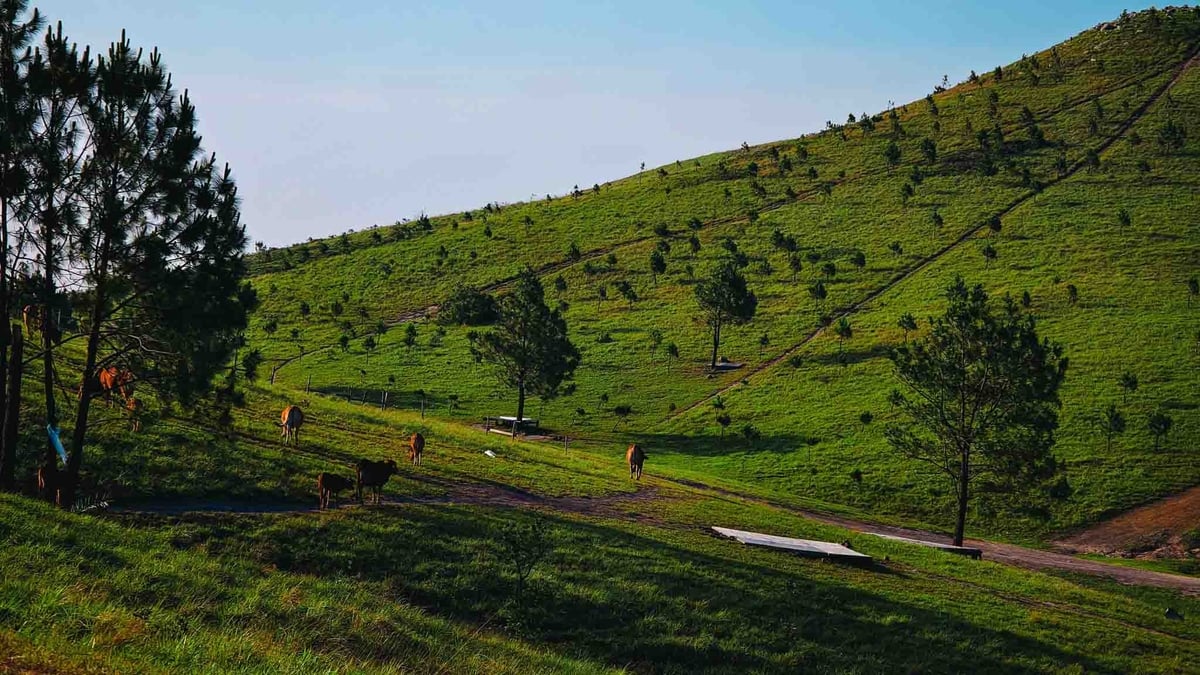




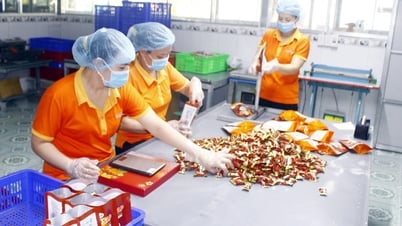


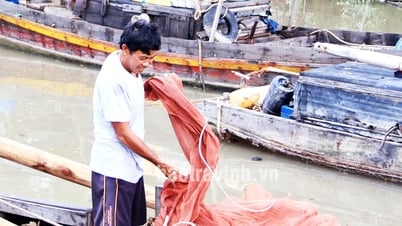
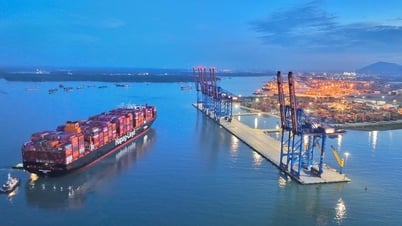





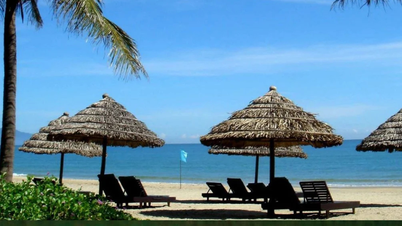


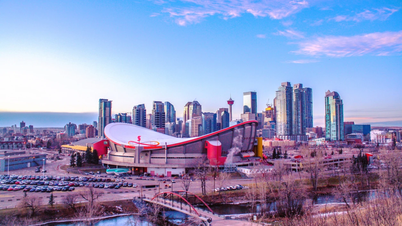
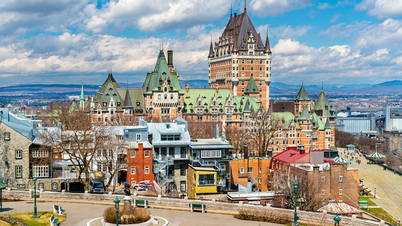










































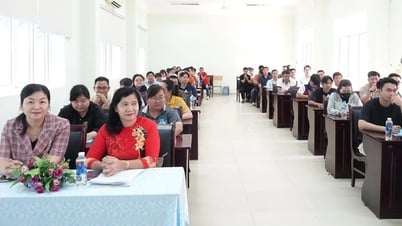
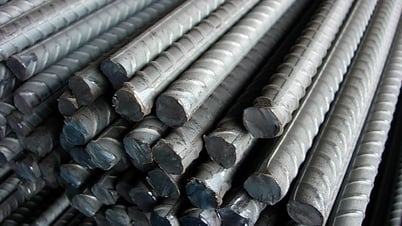

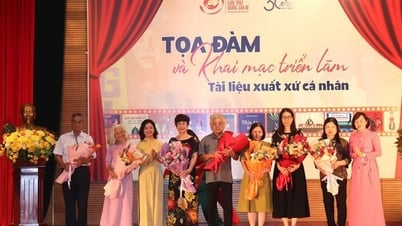
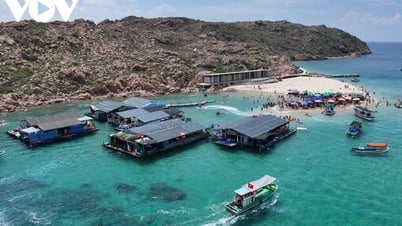
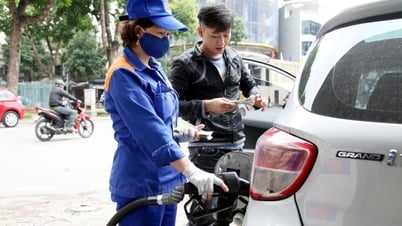



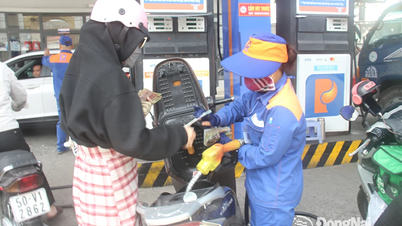

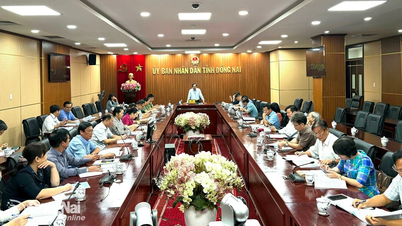







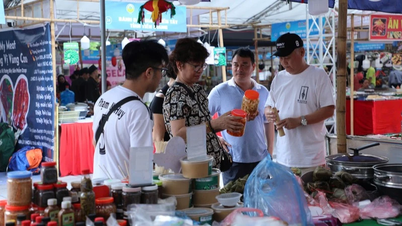
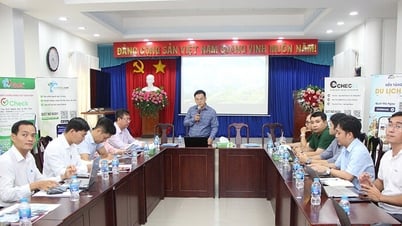

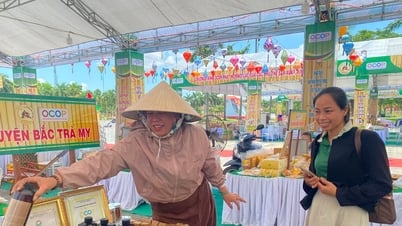

Comment (0)